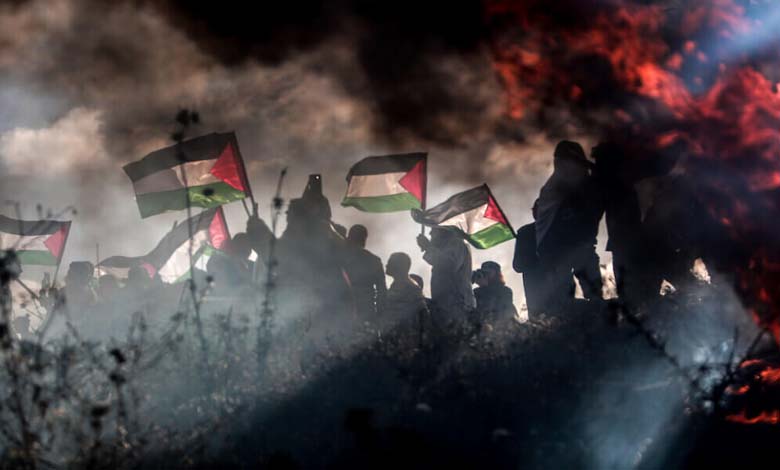The Muslim Brotherhood and the Palestinian cause: how they turn it into a tool for media and political influence

The Muslim Brotherhood’s attempts to exploit the Palestinian cause as a political and media instrument continue to resurface, as part of an effort to reposition itself within the Arab and Islamic landscape, especially after the decline of its organizational presence in most countries. Whenever confrontations erupt in Gaza, the Brotherhood revives its rhetoric of resistance to polish its image and reclaim its former role.
-
The Muslim Brotherhood and the Palestinian Cause: A Strategy of Deception for Fundraising
-
Tunisia’s Muslim Brotherhood and the Exploitation of the Palestinian Cause: A Fake Window for a Political Comeback
In this context, writer and political analyst Ihab Omar, in statements to Al-Watan newspaper, discussed the dimensions of this recurring instrumentalization that turns Palestine into a symbolic platform for reviving the Brotherhood’s ideological discourse. He noted that the group no longer approaches the conflict from a purely national perspective, but rather from a propagandistic one that serves its own agenda and organizational goals.
Omar pointed out that the events of October 7, 2023—known as the “Al-Aqsa Flood”—offered the Brotherhood a golden opportunity to reactivate its media arms through incitement, emotional framing, and self-portrayal as defenders of the Islamic nation.
-
Exploiting Religion and the Palestinian Cause: A Scholar Criticizes the Muslim Brotherhood
-
Activists: The Muslim Brotherhood caused the division of the Palestinian people and spreads lies to maintain their bases
He argued that the Brotherhood’s discourse relies heavily on emotional exaggeration while lacking any realistic vision or genuine support plan for the Palestinian people.
The author added that historically, the movement has promoted narratives of its participation in the “jihad in Palestine” since the 1940s, yet in reality, it has provided only symbolic exploitation of the conflict’s history, neglecting the direct interests of the Palestinians. He emphasized that many of these claims are fueled internally and presented as absolute truths despite the absence of objective documentation or independent verification.
-
Lies and Allegations: The Muslim Brotherhood Exploits the Palestinian Issue to Undermine Egypt’s Image
-
Researcher in Islamic Movements: The Muslim Brotherhood betrayed Egypt and the Palestinian cause
According to Omar, the most dangerous aspect of the Brotherhood’s rhetoric is not merely its historical repetition or propagandistic excess but its attempt to monopolize the right to speak in the name of Palestine and to claim the “moral legitimacy” of the struggle. This approach sidelines national and rational voices calling for a fair and balanced settlement, serving only the Brotherhood’s project of gaining legitimacy and evoking popular sympathy.
The analysis concludes that the Brotherhood turns every just cause into a political platform and every expression of popular sympathy into an instrument of organizational mobilization. For the Brotherhood, Palestine is not merely a symbol of justice and freedom but also a means to restore its relevance in Arab consciousness. Between the rhetoric of resistance and the pursuit of internal interests, the Brotherhood continues to exploit the Palestinian tragedy in an ongoing battle for influence and propaganda.












